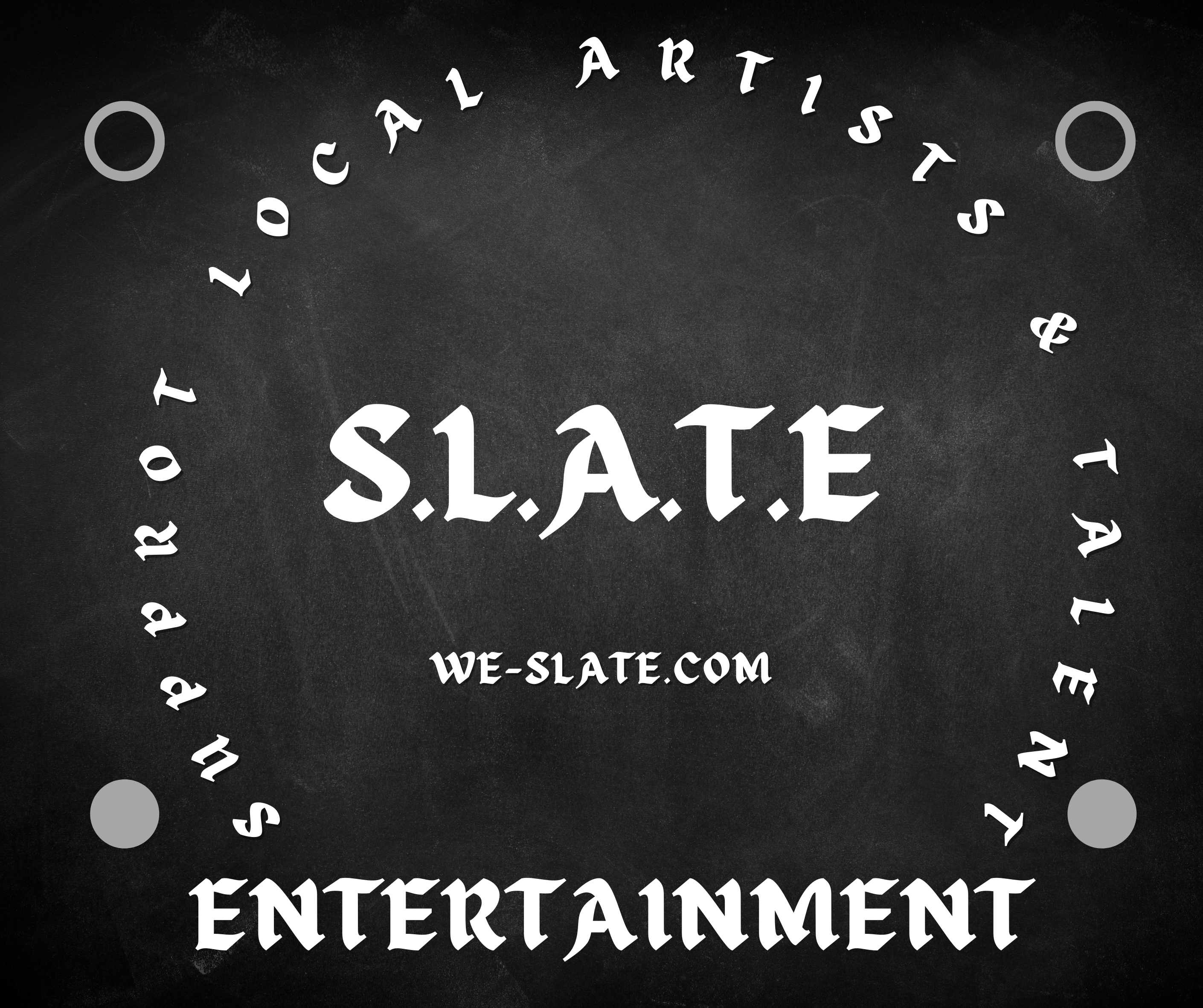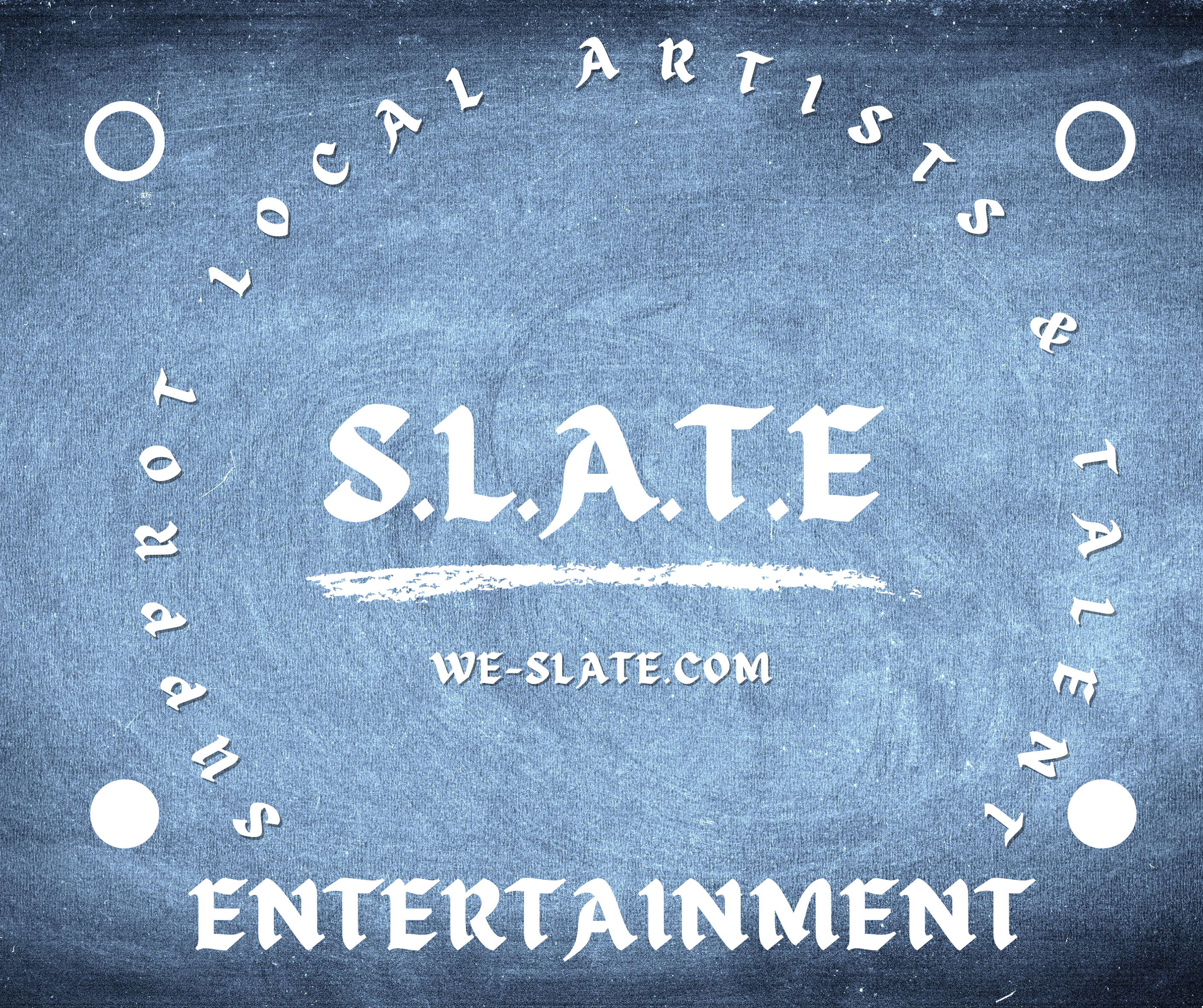
Summary
- The Avengers name is now synonymous with Marvel Comics, but there was a British espionage series with the same name before the superhero team.
- The 1998 film adaptation of the British series was a box office and critical failure, damaging the reputation of the name “The Avengers.”
- Marvel’s 2012 film “The Avengers” was titled “Marvel’s Avengers Assemble” in the UK and Ireland to avoid confusion with the 1998 flop, and officially titled “Marvel’s The Avengers” to distinguish it from both the 1998 film and the British series.
The name The Avengers is now synonymous with Marvel Comics. Ask an average person on the street to think of The Avengers, and they will likely imagine the iconic 360-degree shot from the 2012 film featuring the six main Marvel heroes or Captain America saying “Avengers Assemble” in Avengers: Endgame. Three of the ten highest-grossing films of all time at the worldwide box office, unadjusted for inflation, feature Avengers in the name.
-

The Avengers
- Release Date
- August 13, 1998
- Director
- Jeremiah S. Chechik
- Runtime
- 89
-

Yet there is more than one team called The Avengers. We aren’t talking about other Marvel teams like the Young Avengers, Dark Avengers, or West Coast Avengers. We aren’t even talking about a team created by Marvel Comics at all. The Avengers we are talking about debuted two years before the superhero team did in Marvel Comics.
In 1961, The Avengers was a British espionage series that ran for six seasons from 1961 to 1969. Like many popular television series of the 1960s, it eventually got a big-budget feature film adaptation in the 1990s, and it is regarded as one of the worst movies ever. Here is the story behind 1998’s The Avengers.
The Television Series Was Popular Before the Marvel Team Existed
The Avengers was a popular British television series that broadcast on the ITV Network. Debuting one year before James Bond’s first feature film, Dr. No, would make British spies big business, the series initially focused on David Keel (Ian Hendry) and John Steed (Patrick Macnee), but after one season, Hendry left, and the character of John Steed became the sole star.
Steed would become known for his many female assistants, with the most famous being Emma Pel, due to the fact that she would be the one that the feature film would adapt, but also the fact that star Diana Rigg would later go on to play Olenna Tyrell in Game of Thrones. Part of the reason she is the most popular was also her debut on the series when the series started airing in America.

Related
11 Great British Spy Movies That Aren’t James Bond
As successful as James Bond is, there are other British spy thrillers that are worth your time even though 007 is absent from them.
In 1965, The Avengers became one of the first British series to be aired on primetime US television after the show was sold to the American Broadcast Company (ABC). The ABC network paid the then-unheard-of sum of $2 million for the first 26 episodes, which then introduced The Avengers to a wider American audience, even though it never became a massive hit in the States.
This is where it would go on to impact Marvel Comics, but not The Avengers. Two of the young kids who watched The Avengers were future Uncanny X-Men writer/artist duo of Chris Claremont and John Byrne. They would base the Hellfire Club in “The Dark Phoenix Saga” on The Avengers 1966 episode “A Touch of Brimstone.” The British television series The Avengers did tie into the Marvel Comics, just not the team they share a name with.
The Avengers Come to the Big Screen
During the 1990s, one of the biggest cinematic trends was making big-budget adaptations of popular television series from the 1960s. This trend rose from a combination of advancements in special effects being able to bring to life some of these series worlds like never before while also looking to cash in on the thirty-year nostalgia cycle as kids who grew up with these series now were adults with disposable income and kids of their own.
The first could be 1989’s Batman, which was seen just as much as a reworking of the classic Adam West series as much as it was the comic book. Then the trend took off with 1991’s The Addams Family. This was soon followed by a wave of different types from Academy Award nominees like The Fugitive, big-budget action franchises that are still going to this day like Mission: Impossible, or blockbusters based on old cartoons like The Flintstones.
However, there were also many box office and critical duds. 1993’s The Beverly Hillbillies, 1998’s Lost in Space, and 1999’s Wild Wild West, to name a few. Yet one of the biggest was, of course, 1998’s The Avengers.
Warner Bros. was initially confident about the movie because it featured an all-star cast, including Ralph Fiennes as John Steed and Uma Thurman as Emma Peel. The filmmakers cast Sean Connery as the main villain, Sir August de Wynter, which was supposed to be a bit of meta stunt casting to feature the actor known for playing the most famous British spy, now playing the villain in a British spy movie and facing off against the characters that were seen as Bond’s competition during the 1960s. The movie’s director, Jeremiah S. Chechik, also had strong buzz as he had previously directed National Lampoon European Vacation and Benny and Joon.
However, Warner Bros. went into panic mode following The Avenger‘s first test screening in Phoenix, Arizona, which featured a predominantly Spanish-speaking, working-class audience who reportedly hated the film. Warner Bros. forced reshoots on the film and made Chechik cut nearly 25 minutes of footage, reducing the runtime from 115 minutes to 89 minutes. Warner Bros. refused to allow any more test screenings of the movie and did not screen the film for critics or the press.
The Avengers Bombs
The Avengers opened in theaters on August 14, 1998. It was originally set for June, but following the test screening and the reshoots, it was delayed until August, which at the time was dumping ground for summer movies. The Avengers opened to $10.3 million over its opening weekend, coming in third at the box office behind Saving Private Ryan in its fourth week and fellow new release How Stella’s Got Her Groove Back.
The Avengers dropped to number 10 in its second weekend and was quickly pulled from theaters after less than a month. It grossed $23 million at the domestic box office and $54.7 million worldwide, failing to recoup its $60 million budget.
Worse than the box office was the critical reaction. Audiences gave the film a D CinemaScore, with fans of the television show hating what was done to the source material, while new audiences who never saw the show did not connect with the film’s attempt at replicating the tone of the original series. The critical reaction was somehow worse. The Avengers has an abysmal 5% score on Rotten Tomatoes based on 83 reviews.
The Avengers was nominated for nine Razzies at the 19th Golden Raspberry Awards, but luckily much to everyone involved only had to walk away with one trophy: Worst Remake or Sequel, which had a three-way tie with Gus Van Sant’s remake of Psycho and Roland Emmerich’s Godzilla.
While actors like Fiennes and Thurman’s career did bounce back, director Jeremiah S. Chechik did not. While he has had a steady career directing television series like The Gifted, Chuck, and Burn Notice, this marked his last feature film director credit.
Chechik has said he would work on a special edition recut of the original version for free, but Warner Bros. has refused as it appears there is no passionate, loyal fandom that has tried to reclaim this movie, which is now regarded as one of the worst movies ever. The movie put such a bad reputation on The Avengers that Marvel would have to take active steps for their 2012 film not to be associated with it by audiences who would remember the failed film.
Marvel’s The Avengers Rises
When Nick Fury teased “The Avengers Initiative” at the end of Iron Man, comic book fans around the world began to wait in anticipation for the feature film adaptation of The Avengers.
With a release date initially set for July 15, 2011, before being delayed to May 4, 2012, Marvel Studios and their new parent company, Disney, took every step to ensure the movie was a hit. They cut trailers to familiarize audiences with the Avengers roster for anyone who might have skipped one of the solo movies while also having numerous product tie-ins.
The Avengers quickly became the movie of the summer, but Marvel also knew that there was a chance audiences would or could mistake it for the 1998 box office flop. How would they make sure that didn’t happen?
The movie was titled Marvel’s Avengers Assemble for the UK and Ireland release. This was because audiences would be familiar with the box office flop film from 1998 and the original beloved 1960s television series. Due to copyright laws in different countries, the UK’s The Avengers and the United States’s The Avengers comics were allowed to use the name.

Related
How Fantastic Four Director Josh Trank Landed in Movie Jail
Within three years, Fantastic Four director Josh Trank went from being the next big thing to an exiled Hollywood pariah.
Yet due to the 1998 film The Avengers being a title that would show up on search engines like Google or even in rental markets for audiences when Marvel’s film came to home video, Disney officially titled the movie Marvel’s The Avengers. While most people refer to it as The Avengers, the film’s official title is Marvel’s The Avengers, and that is what shows up on most digital media platforms when audiences look to rent or purchase the movie.
The 1998 The Avengers forced the superhero team-up to change its name when it hit theaters, but nobody who hears The Avengers thinks of Ralph Fiennes or Uma Thurman. Instead, they think of Captain America, Iron Man, Thor, Hulk, and the rest of the Marvel heroes.
Source link
Morgan Wallen Hit With Phone at Denver Concert
Morgan Wallen‘s concert at Denver’s Mile High Stadium on Wednesday (July 3) was interrupted when a fan threw an iPhone at him while he performed “Cowgirls.” In a video caught by a crowd member, Wallen is seen performing the hit when a phone strikes him on the shoulder. Barely flinching, [...]| Play | Cover | Release Label |
Track Title Track Authors |
|---|

